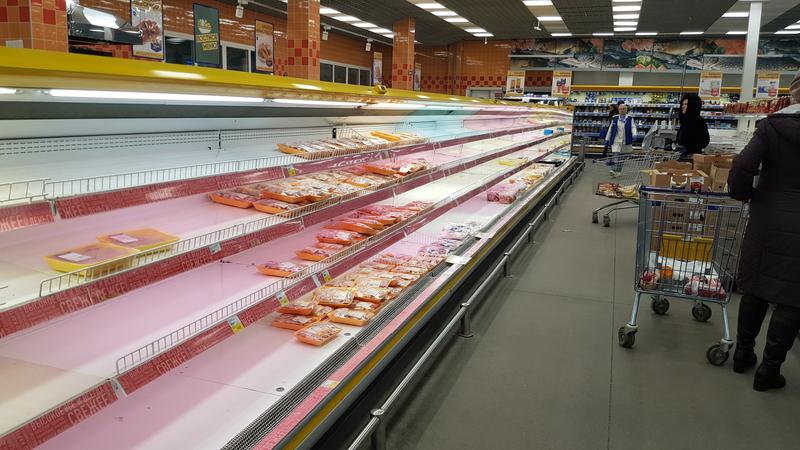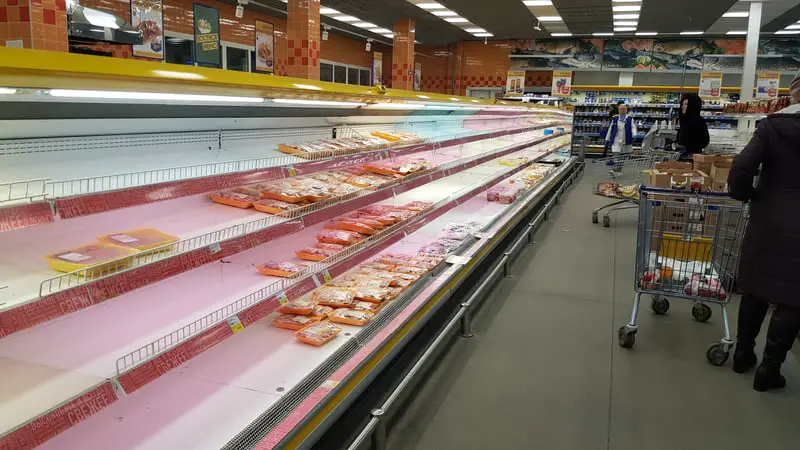
Buckle up, folks! Kamala Harris is stepping into the 2024 ring with a set of economic policies that’s got everyone talking—and not all the chatter is good. On Friday, the Vice President is set to unveil her much-anticipated (and highly speculated) economic proposals, and let’s just say, she’s not pulling any punches.
Yep, you read that right. Harris is proposing centrally administered price controls on food and grocery prices—a move that’s giving some serious throwback vibes to… well, a couple of not-so-great economic experiments in history. Think communist Venezuela, where price controls led to empty shelves, rampant inflation, and widespread social chaos.
But Harris isn’t stopping there. She’s also pushing for a national ban on price gouging and price-fixing, all within her first 100 days if she clinches the presidency. To make sure it sticks, she’s planning to unleash the Federal Trade Commission and other agencies to keep big corporations in line. Sounds like a page straight out of the Soviet Union’s playbook, according to her critics.
Harris’s upcoming policy speech marks her first major move since officially becoming the Democratic nominee, a role that’s brought its fair share of flak. Critics have labeled her as a “policy-free zone,” so this is her chance to flip the script. But instead of easing concerns, some are worried she’s diving into a pit of economic quicksand.
Those wary of Harris’s plans point to the dangers of heavy-handed government intervention. They argue that while the intent to protect consumers from price gouging is noble, the execution could lead to unintended consequences—like businesses cutting supply or even shutting down entirely if they can’t cover costs under the new price restrictions. And then there’s the issue of inflation: could this move actually make things worse?
As Harris heads to Raleigh, North Carolina, to deliver her speech, all eyes will be on how she plans to tackle not just food prices, but also the broader economy. Rumor has it she’ll be rolling out plans to cut prescription drug and housing costs too, which might be a more popular pitch among voters.
But the big question remains: is Harris’s approach a bold step toward fairness in the marketplace, or a risky return to outdated economic policies that history warns us against? Only time—and the reaction from the voting public—will tell if this is a genius move or a recipe for disaster.
In the end, this could either be Harris’s moment to shine or the start of a very rocky campaign trail. Let’s just hope we don’t end up with empty shelves and a lot of “what ifs” along the way.

